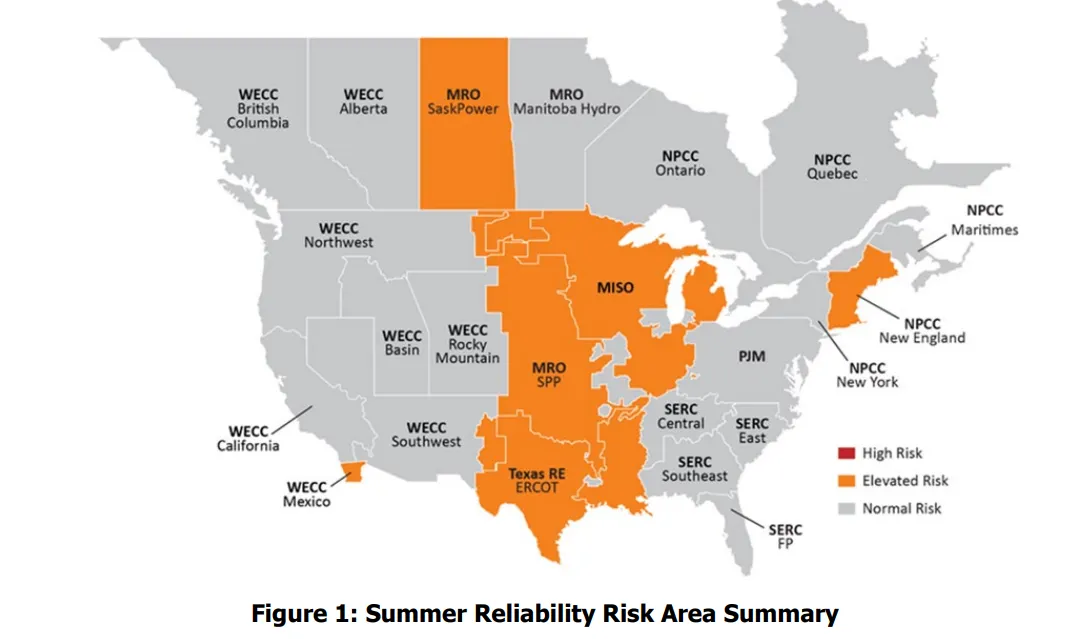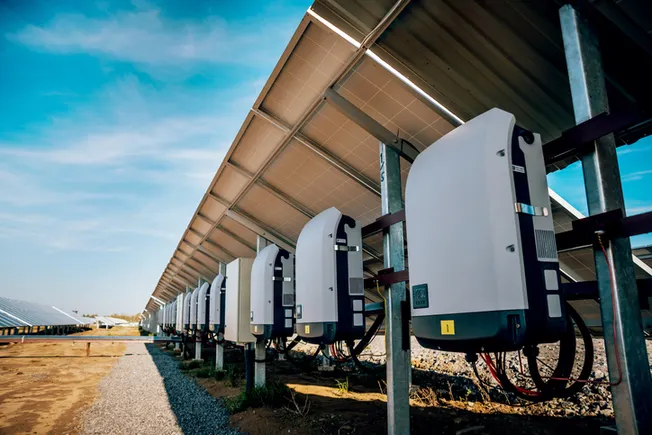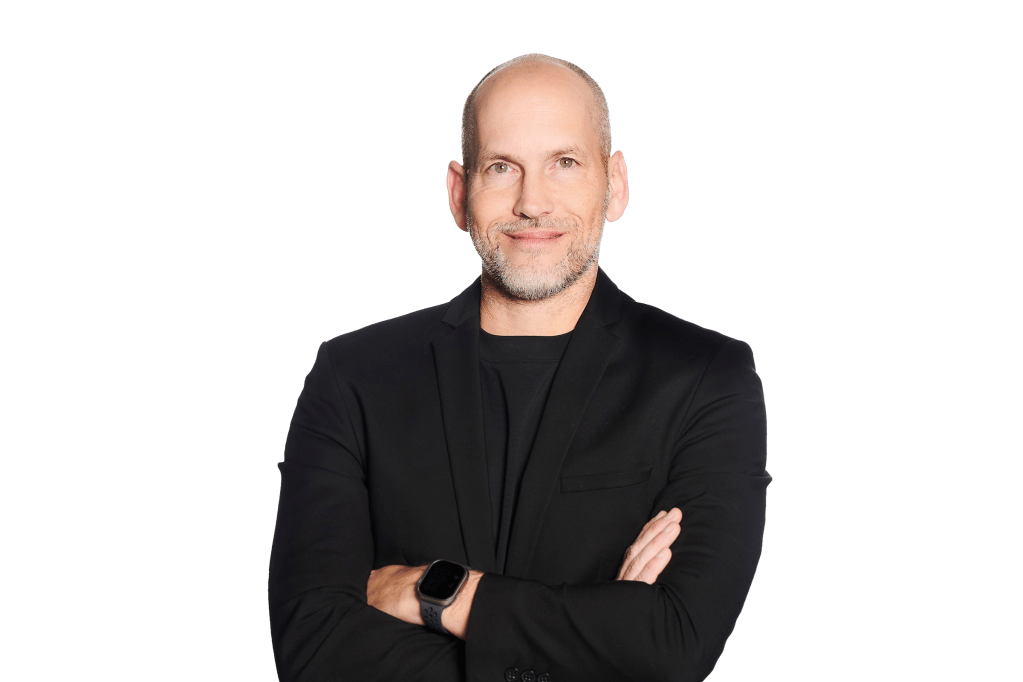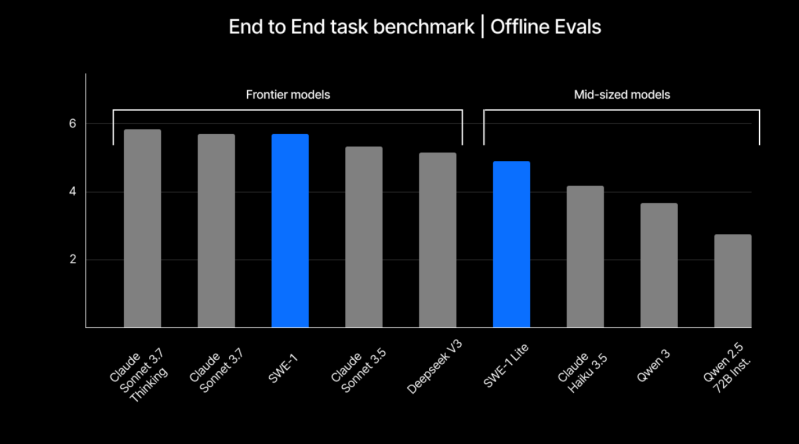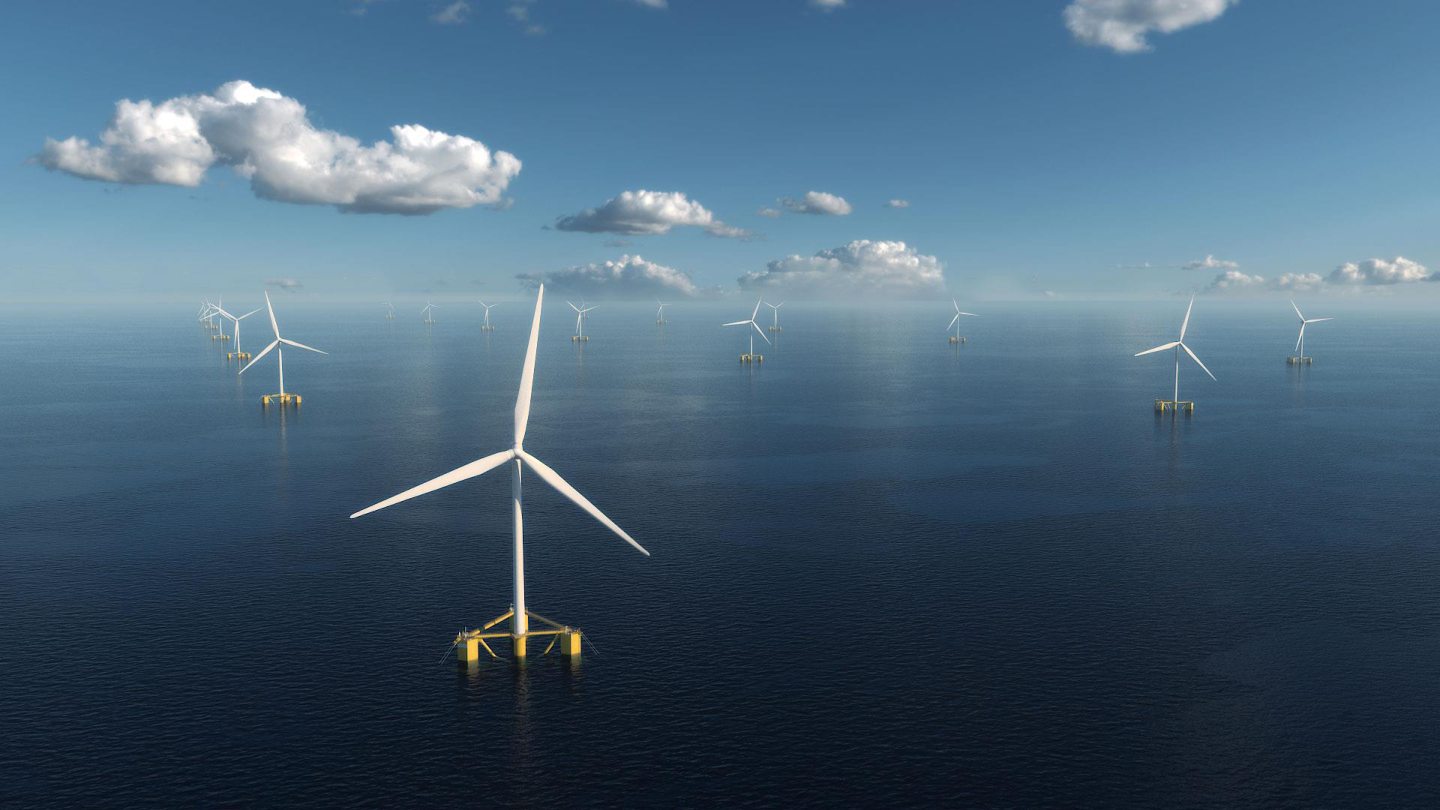
It is widely accepted that the Energy Profits Levy (EPL) harms oil and gas companies. But does it also hurt floating wind projects?
That was the suggestion by Cerulean Winds head of Scotland Laura Jarvie at the All-Energy conference in Glasgow this week.
Cerulean is working on three offshore sites to build 3 GW of capacity, with the option to double this.
“We absolutely need oil and gas to be here,” Jarvie said. This ensures supply security for the country, but also provides offtake demand for Cerulean’s plans.
EPL impact
“Let’s incentivise oil and gas to stay,” she said. A longer-term view from hydrocarbon producers would support the “electrification journey, which supports scale and phased floating offshore wind in the UK and capture the market.”
Floating offshore projects need all those things “and oil and gas to be here.” Oil and gas companies will not spend “material amounts of money on brownfield modifications”, such as floating wind offtake, when faced with the EPL impact.
Oil and gas producers want “long-term fiscal policy”, Jarvie said. “Our project is 50 years plus. Oil and gas [companies], the ones that are going to consider electrification, need that long-term certainty. They need an answer and they need that to be long term.”
Other factors are at play where oil and gas producers want to reduce risk. Jarvie said such clients “need to know they can just connect without relying on anyone else”.
Integration plans
Indeed, the oil and gas industry has helped develop the floating wind supply chain.
Aberdeen is a centre of “global excellence for subsea”, Jarvie continued. “We have the skills, we have the people, we have the yards, we have the technology. The sad thing is that if we don’t move now, we will miss out.”
“We’re not wrestling with oil and gas for space,” she explained. “We want to be as close as possible to infrastructure. Proximity is key.”
Scottish Renewables’ Mark Richardson agreed that offshore wind did not develop in isolation. “It’s not just about turbines,” he said. “It’s about generation, about oil decarbonisation, about carbon capture, fish, coastal communities.”
While the plans are grand, “investor confidence in ScotWind and INTOG is faltering,” Richardson said. The UK and Scotland governments must “move beyond words and take decisive action to unlock the full potential of the sector.”
He called for the Sectoral Marine Plan (SMP) to deliver a “positive and timely outcome to improve and not undermine investor confidence”. There is a need to bring everyone – including oil companies – together “at the same table. Not just at conferences.”
Such a move would help explain to the public what is going on, deliver energy security and jobs. “Success,” he said, “lies not with isolated moves but with the interconnectedness between each piece.”








